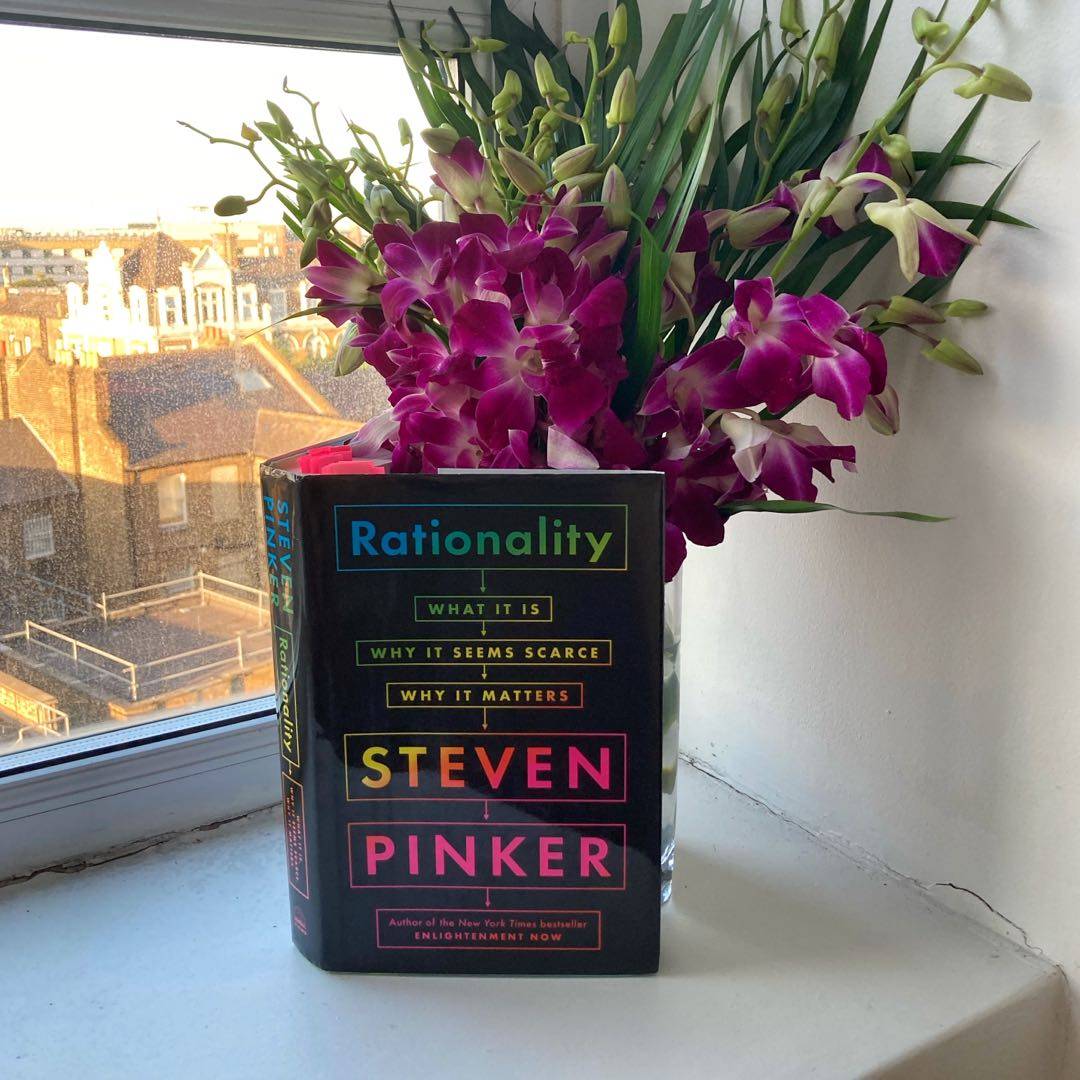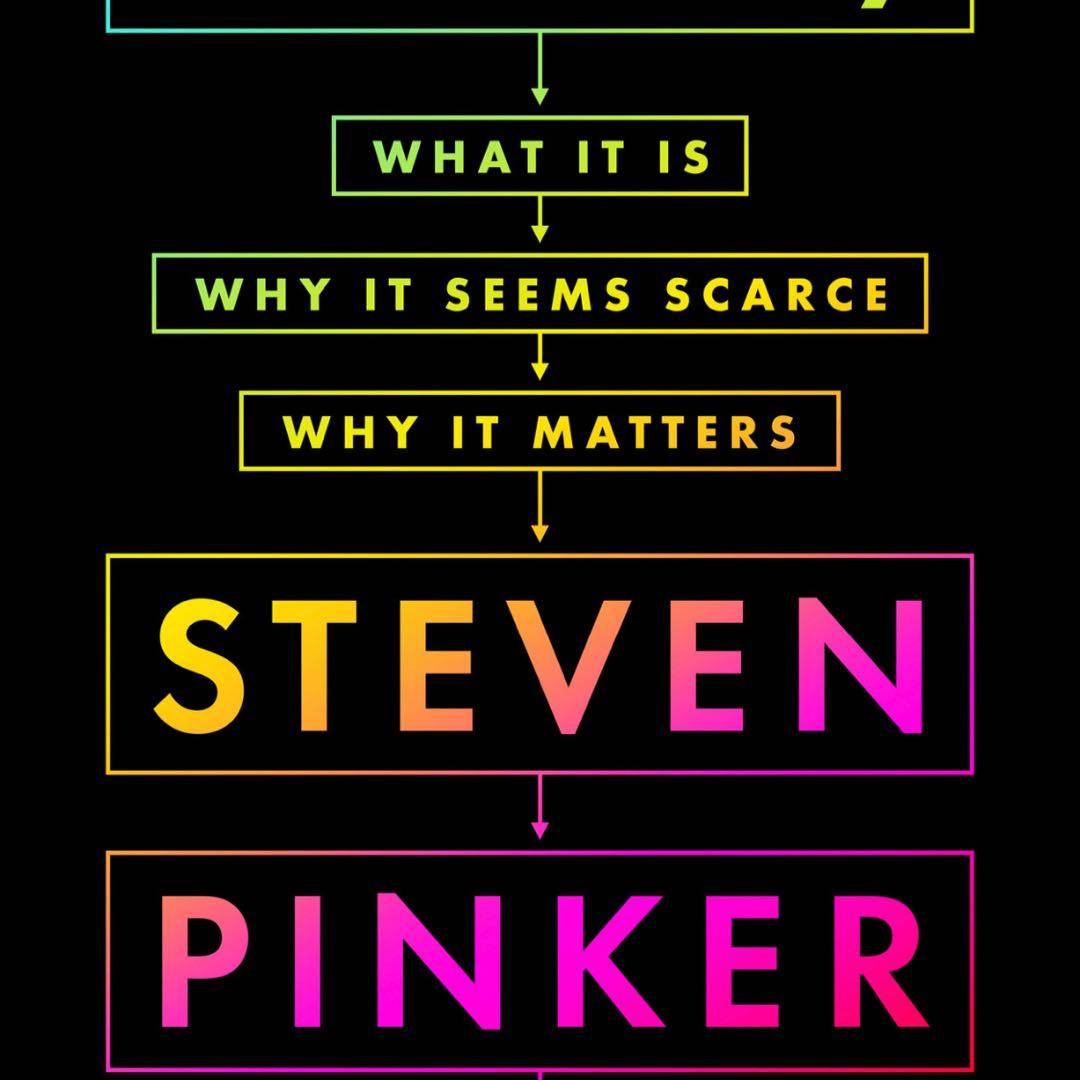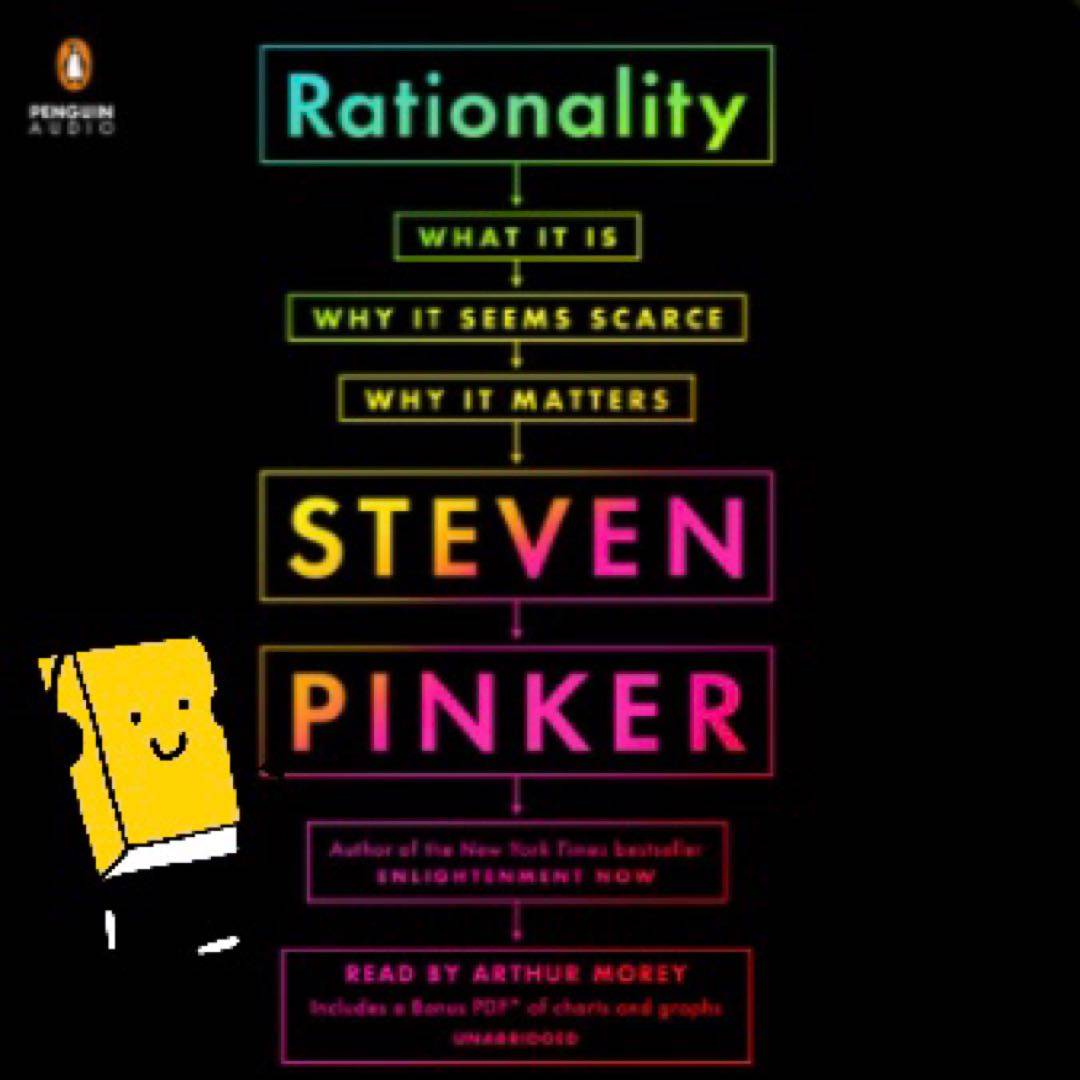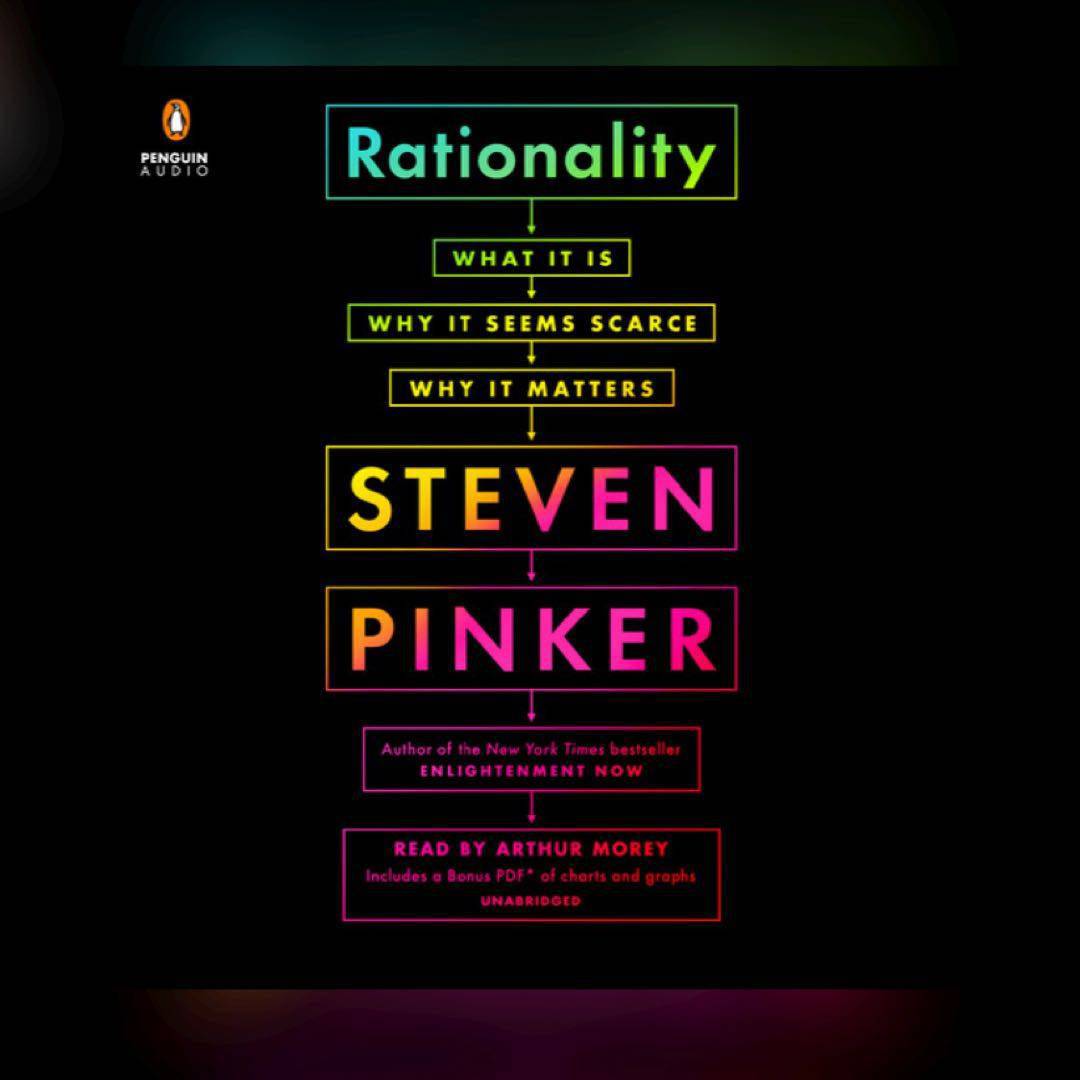
Pinker explores why we as people can seem so irrational, how we can fall in to cults, etc. He goes over different fallacies and how to analyse probabilities and how pre-held belief can impact our ability to disseminate facts. An impactful read.

Pinker explores why we as people can seem so irrational, how we can fall in to cults, etc. He goes over different fallacies and how to analyse probabilities and how pre-held belief can impact our ability to disseminate facts. An impactful read.

A concise argument on what rational thought is and how we‘re losing it. Points are made and followed up by mathematical equations. Ergo the dry. My mind would wander. I just couldn‘t stay focused despite the importance of the topic.

I know that sometimes my decisions are irrational & I appreciate the reminder that rationality matters. Even better, Steven Pinker gives examples, showing how to be more rational. Sometimes I had to rewind & listen again to grasp concepts, but the effort feels worthwhile. On a separate note, I was comforted by audiobook narrator Arthur Morey‘s occasionally unusual pronunciations (ie gerrymandering; omen) because I have verbal idiosyncrasies too.

Though editors have told me that readers hate math and will never put up with numbers spoiling their stories and pictures, their own media belie this condescension. People avidly consume data in the world of weather, business and sports pages, so why not the news?

Pinker blends philosophy, sociology, probability, and statistics to explain why people do and don‘t act rationally. He looks at classic game theory questions, logical fallacies, Bayesian reasoning, and more to paint a picture of part of the human condition. I liked how he blended theory with practical application of it, and the last chapter was 🔥! Some serious #NerdVibes from this #audiobook. 🤓